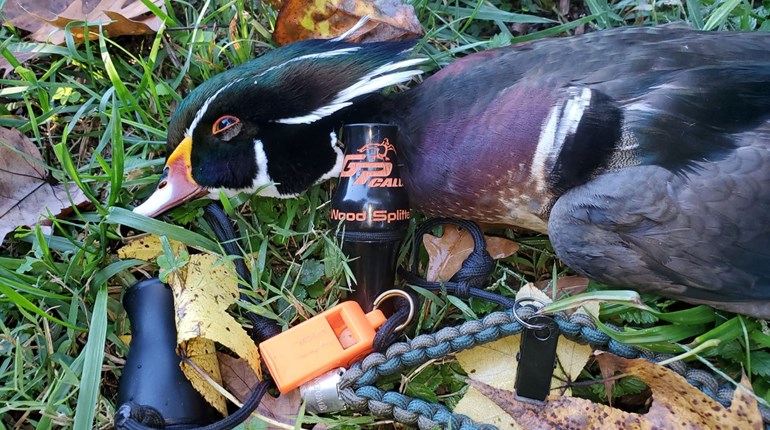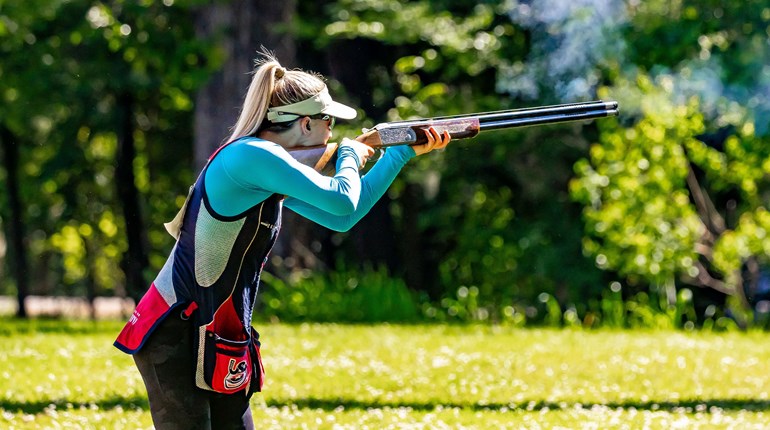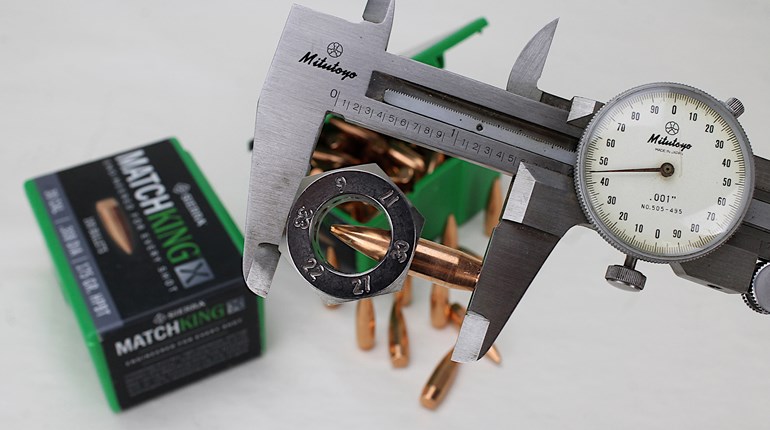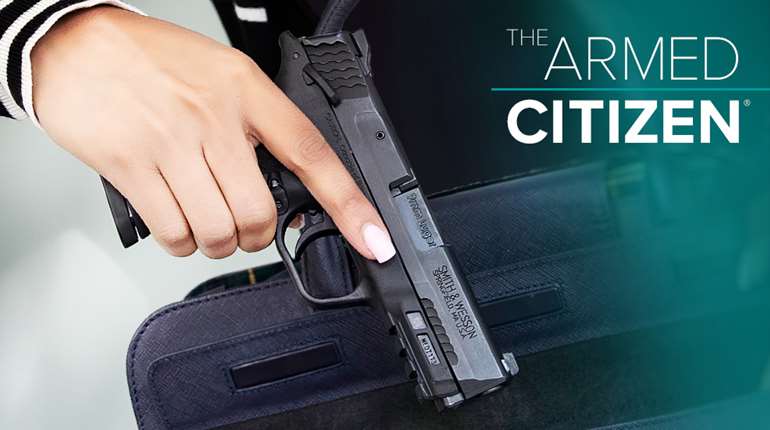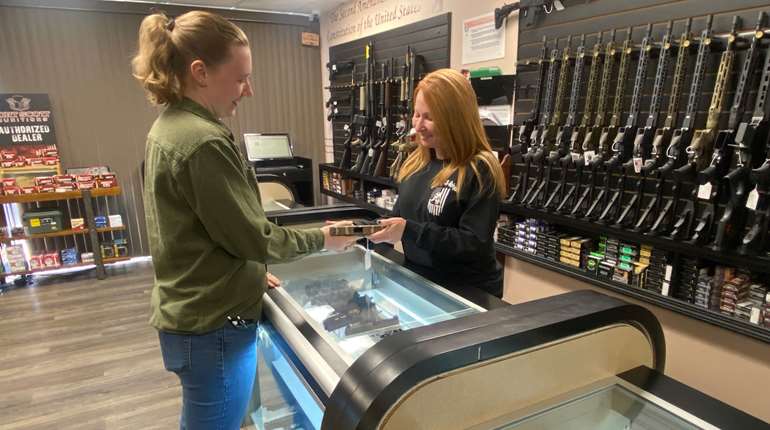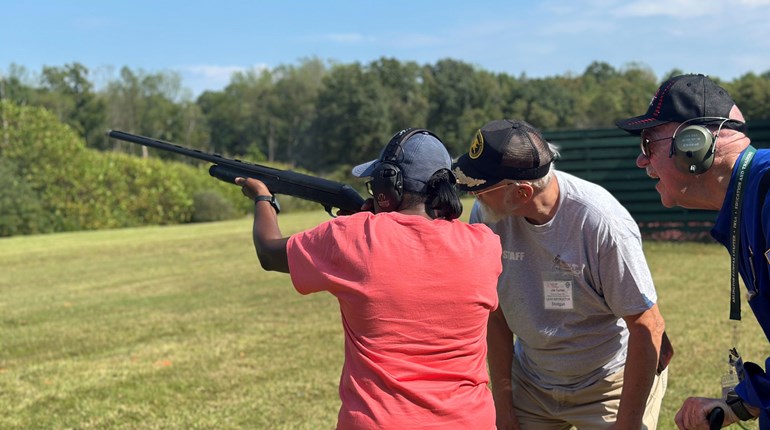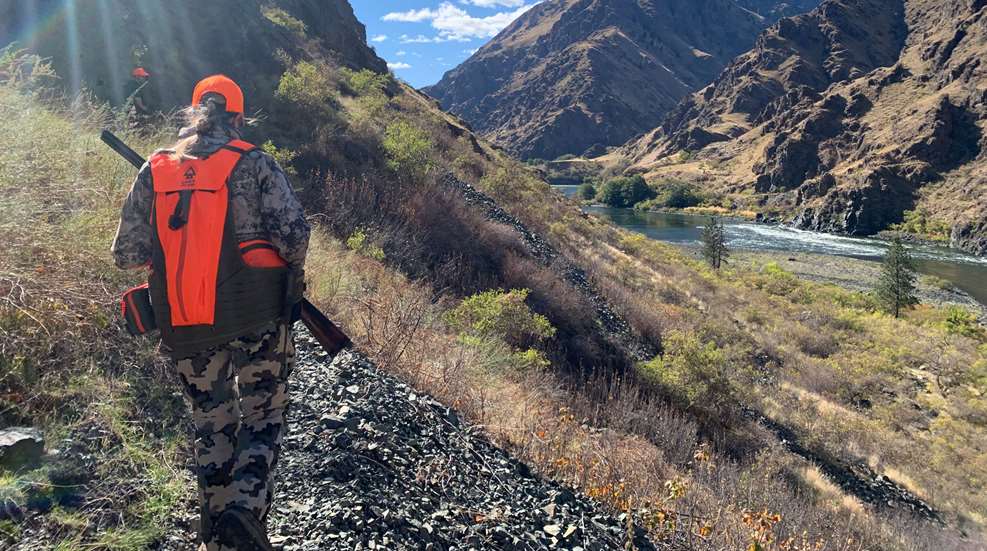
Most hunters know to always leave their location, departure time and arrival time with a trusted friend or family member, just in case of an emergency. But what happens when your hunter is actually overdue?
Earlier this month I went on a solo camping trip to hike in the desert. My hike was through a creek where I was in water all day. I put my “water resistant” phone in a zip lock bag, but towards the half-way point of my hike I pulled out the zip lock bag and it was full of water. My phone turned off and began power cycling. I hiked back to camp and decided to head home a day early to get my phone fixed. After accidentally adding two hours to my drive home (always pack a paper map), I collapsed into bed early Sunday morning.
I was able to text my mom from my computer that day and let her know my phone was broken. However, in the midst of dealing with my phone and coming home early, I forgot to text my person of contact (POC) who always knows when and where I am camping. Late Sunday night, she tried to contact me, with no luck because of my broken phone. Then, she texted my mom and called authorities, as she should have.
There was some issue with the coordinates I left her, and the operator was struggling to pinpoint the county I was in (although by that point I was asleep in my bed). Another problem arose when my friend told the operator that my car was blue, but the operator didn’t believe her. Technically the color is Khaki Blue and it turns out that my car is mistakenly registered as tan. After 30 minutes of being passed around and transferred, my POC received word from my mom that everything was OK because of our earlier texts. My friend told authorities with plenty of time that everything was alright and there was no need to send out a search party. You would think that would be the end of it, but it wasn’t.
Because I had only texted my mom, she started to panic that anyone could have taken my phone and sent false messages. While it was a stretch, she decided to call my local police department. After giving them all of the information, the officers agreed that a wellness check was in order. And that’s how I woke up to two policemen at my door on a Monday at 3 a.m. If you want to avoid an unwelcome wake-up call and scaring your loved ones, I suggest properly caring for your phone and promptly informing your POC of any schedule changes.
As a person of contact for an adventuring loved one, here’s what you should know in preparation for an emergency.
Information
If your friend or family member has trusted you to be their point of contact while out of cell service, you should make sure you have some basic and important information. During an emergency, these are the kinds of questions authorities might ask you.
Starting point
The specific county or counties your hunter would be are the most important for authorities to delegate rescuers. Trailheads and coordinates are also helpful for pinpointing their location.
Intended goal
Were they ascending a mountain? Were they backpacking to a camping location? A day tripper is more likely to stick to a strict itinerary, but if your hunter had planned to be gone overnight it’s reasonable to assume they have the supplies to last an extra night in the wilderness if they got wrapped up in a stalk or harvest or got lost.
Intended route
Vehicle
This is one of the most valuable pieces of information because locating a vehicle will be the first step in moving forward with a Search and Rescue (SAR) mission. Know the make, model, color and license plate.
Backup plan (if applicable)
Time of departure
Expected time of return
Last known location
This one is also crucial as SAR will start their search here. If your hunter has a beacon, satellite communicator or GPS, be sure to pass along that information.
Outerwear, backpack and tent colors
General physical description
Let authorities know the missing hunter’s height, weight, hair color and eye color.
Shoe type/size
If your hunter is actually hurt or reliant on medication, it’s helpful to know some additional information: blood type, allergies, medications, medical conditions and whether they’re an organ donor.
Secondary Contacts
If your hunter is overdue, the first thing you should do is attempt to contact them. Of course, the reason you’re a point of contact is because they most likely do not have cell service. However, try their phone, email and satellite communicator, if they have one. Next, you should move on to secondary contacts. Attempt to reach their hunting companions or loved ones that may have additional information on where they could be. If these efforts prove futile, it’s time to contact authorities.
Emergency Services
This is where the county or closest town to where your hunter started is crucial. You can either call the local sheriff’s department or call 911 if the hunting party is in the same state as you and they will direct you to the proper authorities. Be patient and calm with everyone you speak to and be prepared to be transferred around and repeat information to multiple people.
Before hanging up, be sure to get the name and contact information of whoever is directly in charge of the search. If additional information arises you should promptly notify SAR. This will also help with updates on the search’s progress.
Remember that many Search and Rescuers are volunteers sacrificing their time and safety to find someone in need. While it is better to be safe than sorry when an outdoorswoman is missing, take these reports with the upmost seriousness.












